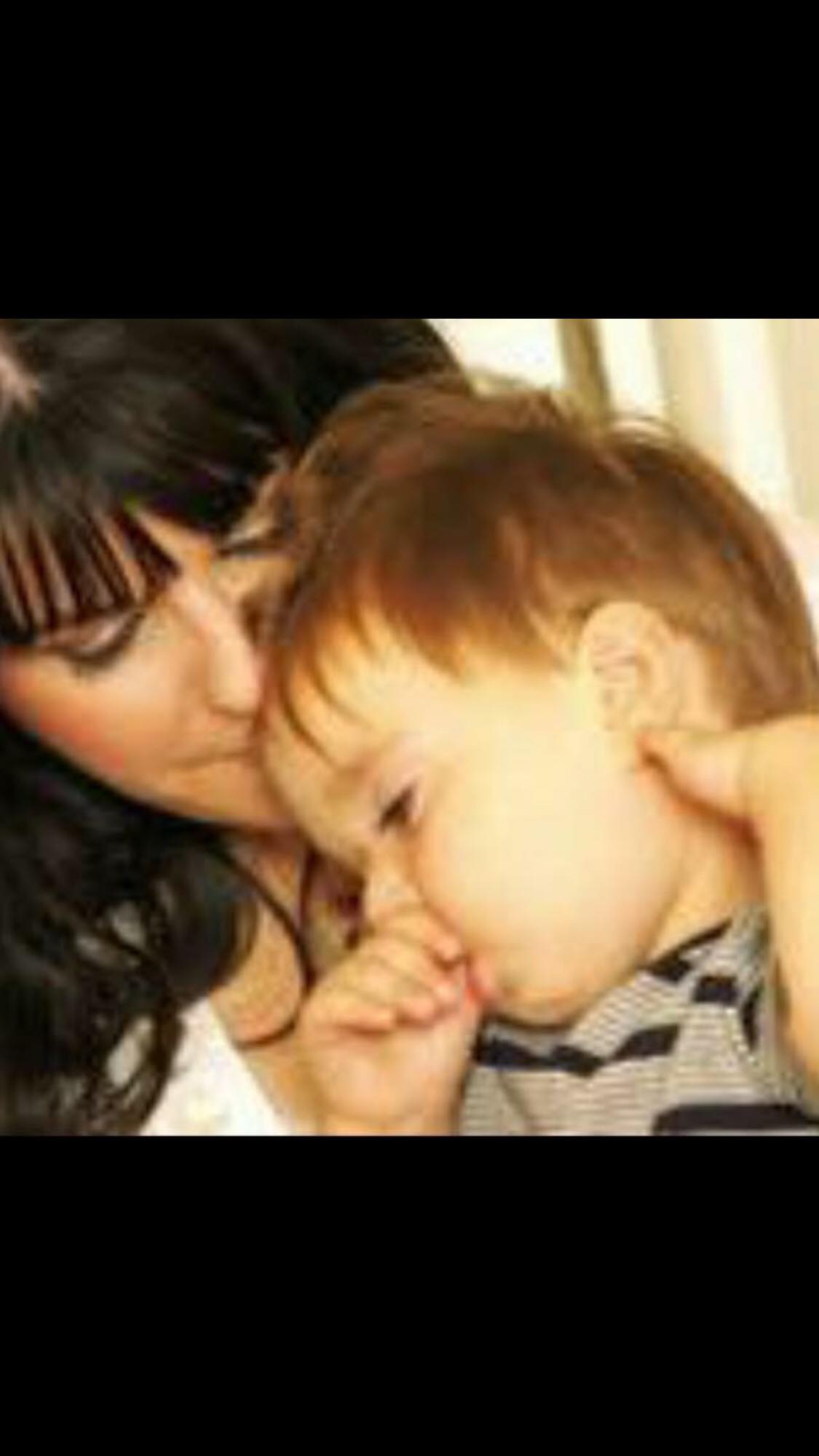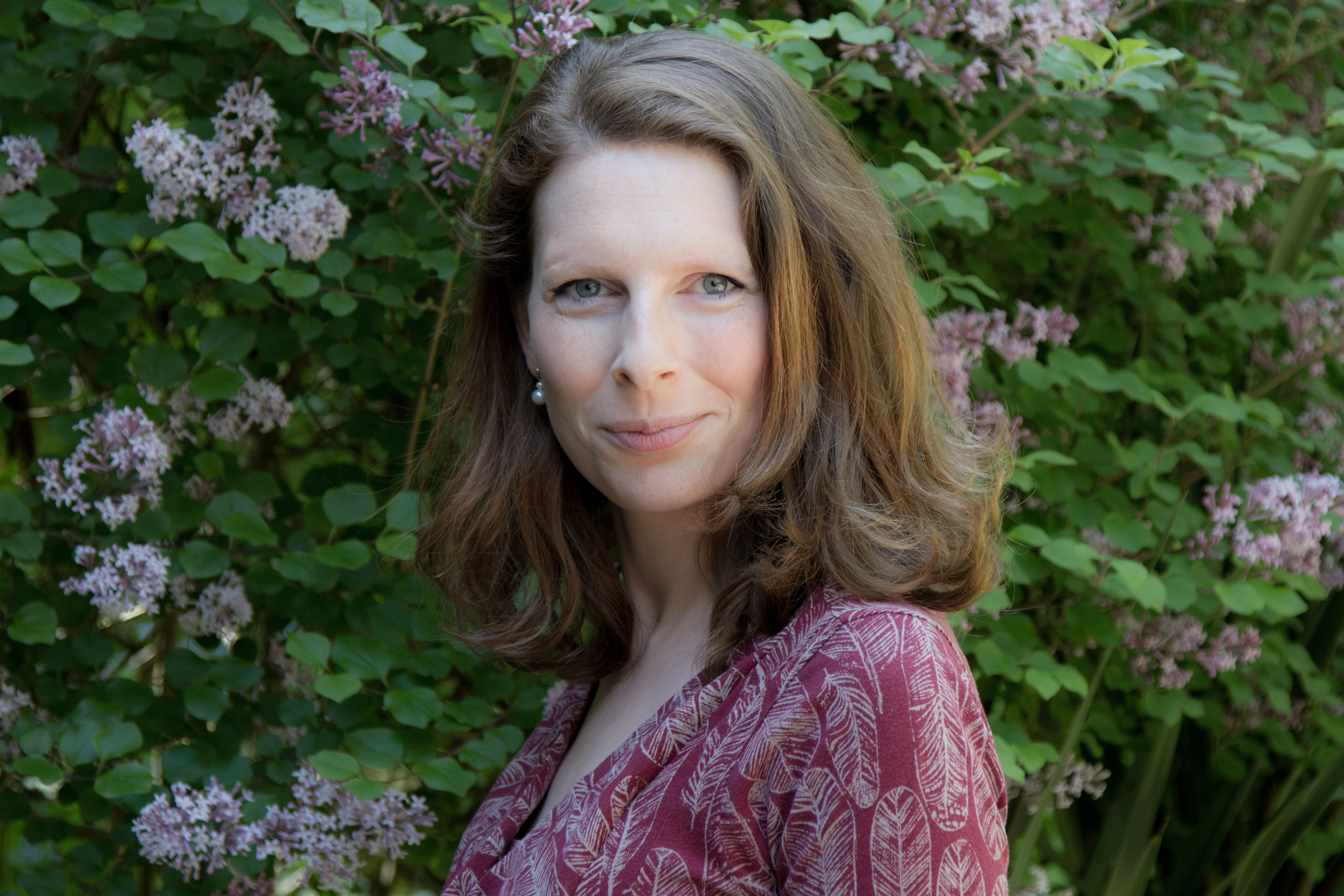Managing the Arrival of a Sibling & Sibling Rivalry by Dr Natalie Cheatle
The article below is a summary of a talk given by Dr Cheatle at a free workshop organised by Mums In The Wood. Dr Cheatle, is a partner at The Parent Space, a very highly recommended practice run by Clinical Psychologists who hold parenting classes to help parents of children between 3 and 11 years with a variety of issues. She worked full-time in a CAMHS team for a number of years before taking some time out to stay at home while her children were young. In addition to general child, family and parenting work, her specialist area of interest and experience is Child Development, in particular neurodevelopmental issues including the assessment, diagnosis and on-going management of Autistic Spectrum disorders and attention / concentration difficulties. Since having her own children she has become increasingly interested in the transition to parenthood and the psychological wellbeing of parents and ran baby development workshops through a post-natal support organisation.
Pregnancy is an awfully long time for young children so don’t go overboard with information early on. Do tell them when you start talking about it with others however, they will know something is up. Story books can be really helpful for this.
A few weeks before the baby is due, prepare children regarding the practicalities – how long you might be away, who will look after them etc. Young children are very egocentric and will mainly need to know what’s happening in relation to how it affects them.
If you think you might have an caesarian delivery, try to get out of the habit of carrying your older child in the last few weeks of pregnancy so that this isn’t a big shock when the baby comes. Replace carrying with lots of sedentary hugs and cuddles.
Talk about how little babies actually do when they first arrive – that they mainly sleep and eat but getting them to do both can take a lot of Mummy and Daddy’s time.
When the baby arrives, older siblings can be surprised that lots of people that used to be “theirs” (eg grandparents, uncles etc) will be cooing over the baby. If keen, make it their job to tell them about the baby. If not keen, don’t force the issue, that’s OK too.
Get photos of your older child as a baby out before and regularly after the baby arrives – a reminder that they were just as special when they were newborn!
Children often find the time mummy spends feeding the new baby particularly difficult. Plan for this with the usual distractions around (just be careful not to set up too many habits you will find it hard to break later, eg screens, sweet snacks, lots of new toys etc). Having a special toy that only comes out at feeding time or a “lucky dip” bag of small surprises can be really helpful.
Let them help look after the baby but again, when they are not keen, that’s fine too.
Talk about how it will be ages before the baby can play etc but that s/he will eventually learn by watching and copying them.
Plan regular (ideally weekly) one-to-one time for the older child with each parent once the baby arrives – nothing major, just an hour or two doing things with your undivided attention, reminding them how much you enjoy spending time alone with them doing things that the baby can’t do. It is especially important for Mum to do this and not leave all the fun stuff for Dad.
Make sure you do some fun things with the baby in tow too, to show that the baby doesn’t spoil all the fun. Grand gestures (such as a trip to Disneyland) are rarely the success parents want them to be with a new baby around. Mostly, young children just like their usual routines to continue as much as possible (eg trips to the park).
Try to be accepting of any negative feelings they show – just an empathic response showing that you understand that it can be hard to have a new baby taking up so much of Mummy & Daddy’s time etc. Sharing is difficult for all children and they have never had to share their parents before, it will take a bit of adjustment.
When they are having a strop about something, or regress a bit developmentally occasionally, think about whether it might be something to do with the baby and try to be empathic by commenting on it, e.g. “maybe it feels annoying to have to be grown up and get dressed / go to school / go to bed alone / tidy up your toys etc when the baby doesn’t have to do any of those things”.
It’s essentially a guess but it helps children feel understood if you do get it right and even if you don’t it gives the message that it’s OK to show negative feelings. This is generally known as Reflective Listening, a technique you can find quite a lot written about in books or online. We also talk about it a lot on our course.
Be prepared that feelings of jealousy do not always emerge when the new baby first arrives, and could appear at any time, for example when the baby starts moving, walking, talking etc. Make sure older children have somewhere to keep special toys out of reach.
Hold on to the fact that having a sibling is a great thing for your child in the long run even if it doesn’t feel like it in the first few months.
Sibling rivalry
Affected by age, stage, needs and temperament of children
Preventatively:
- Avoid comparisons
- Avoid setting up additional competition
- Allow negative feelings
- One-to-one time
Have clear ground rules
Promote problem solving: see http://www.theparentspace.co.uk/BlogDetails/Sibling-fights for more information.


























